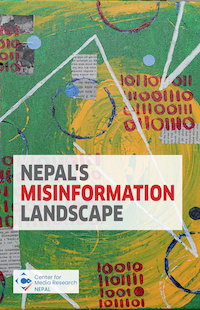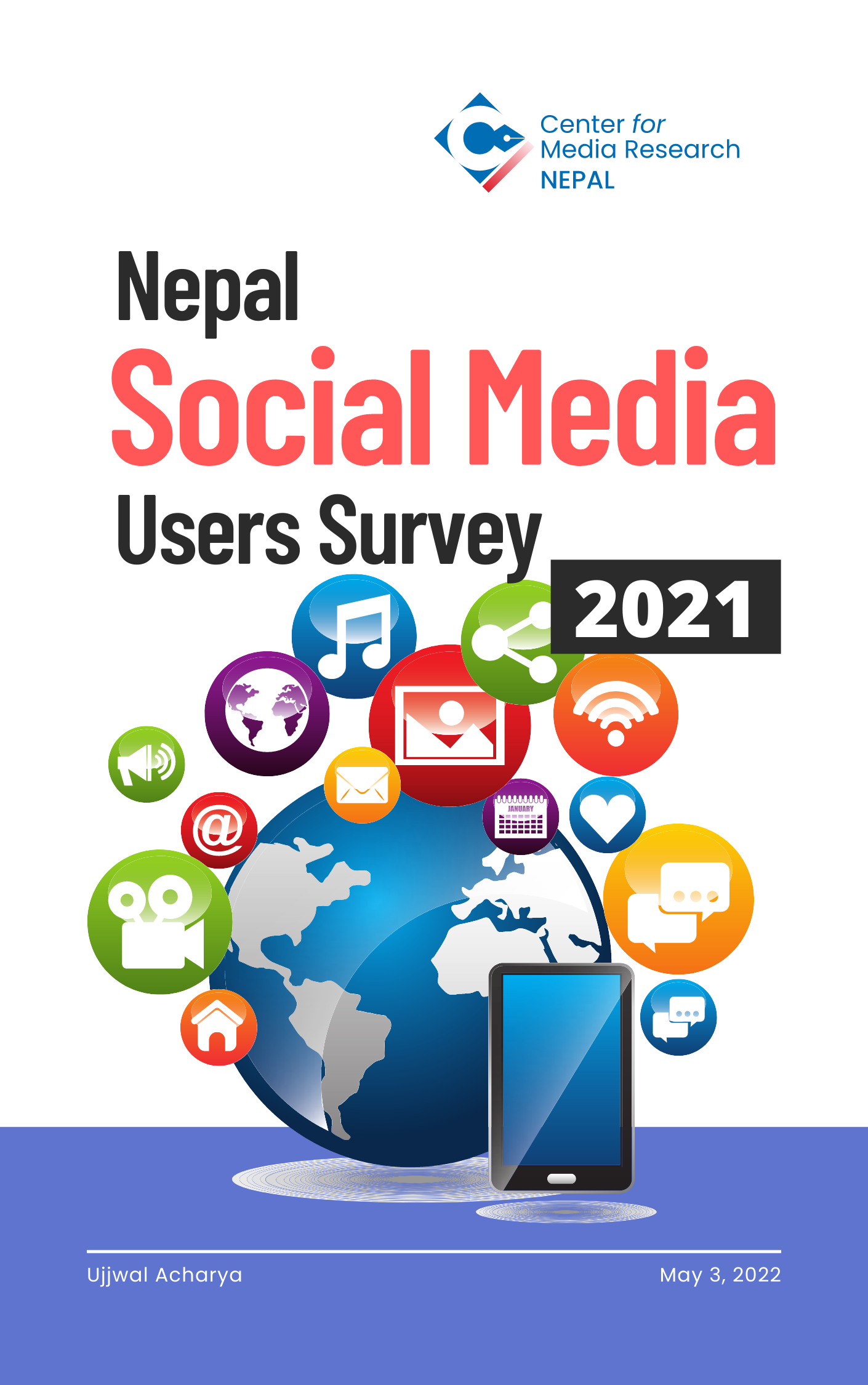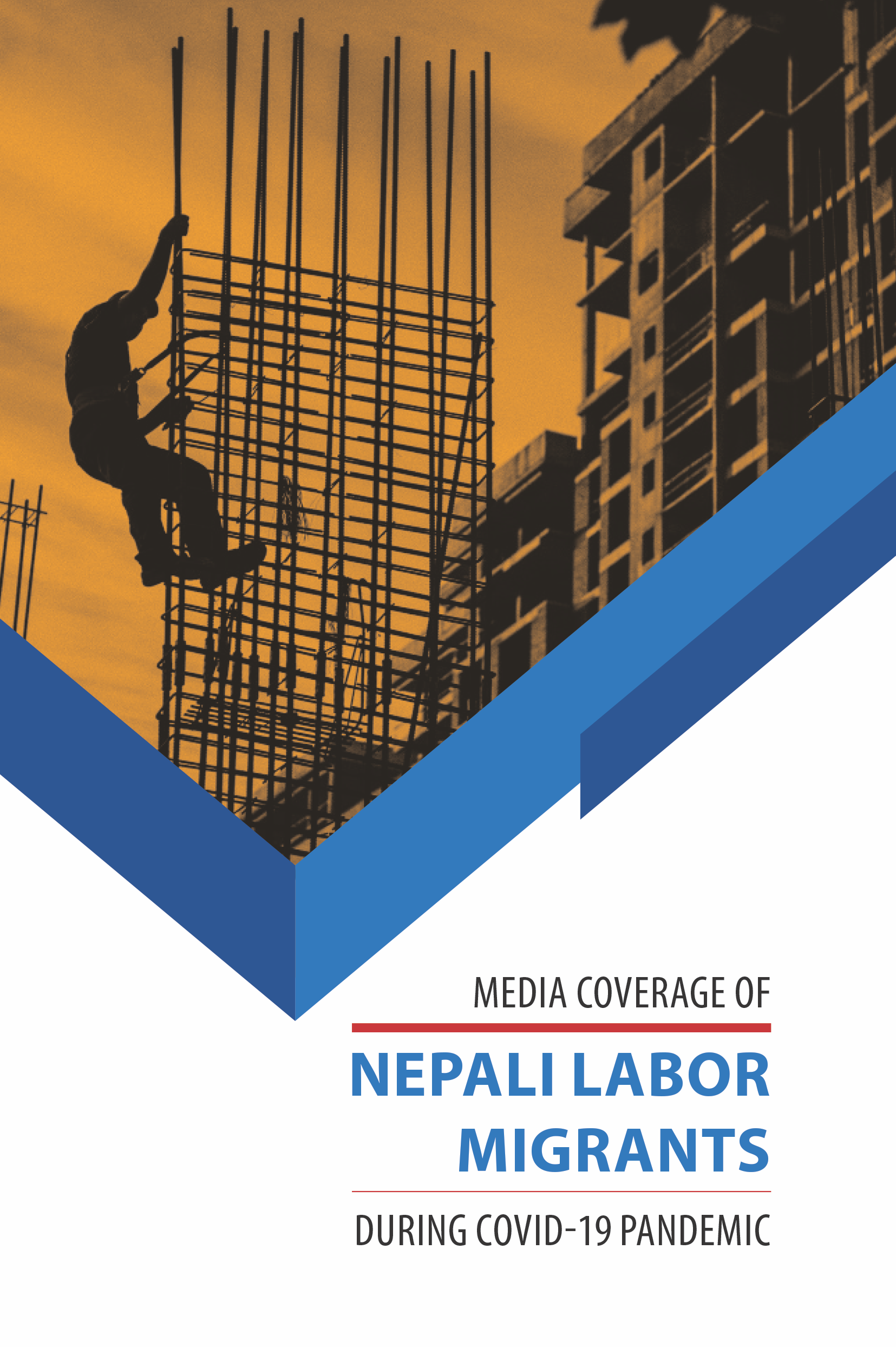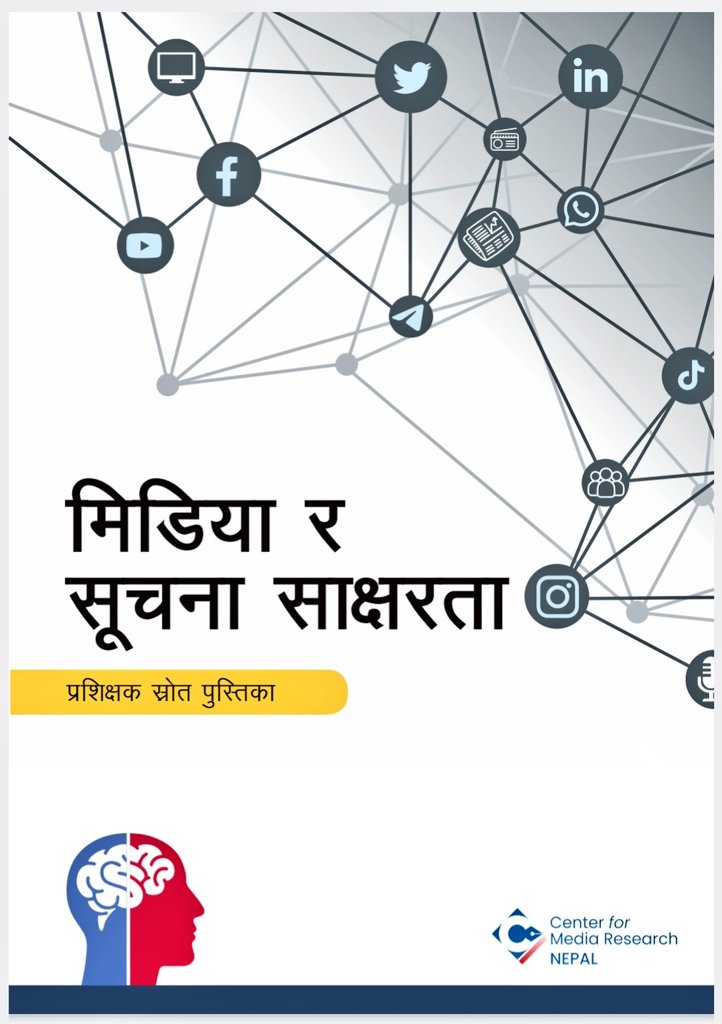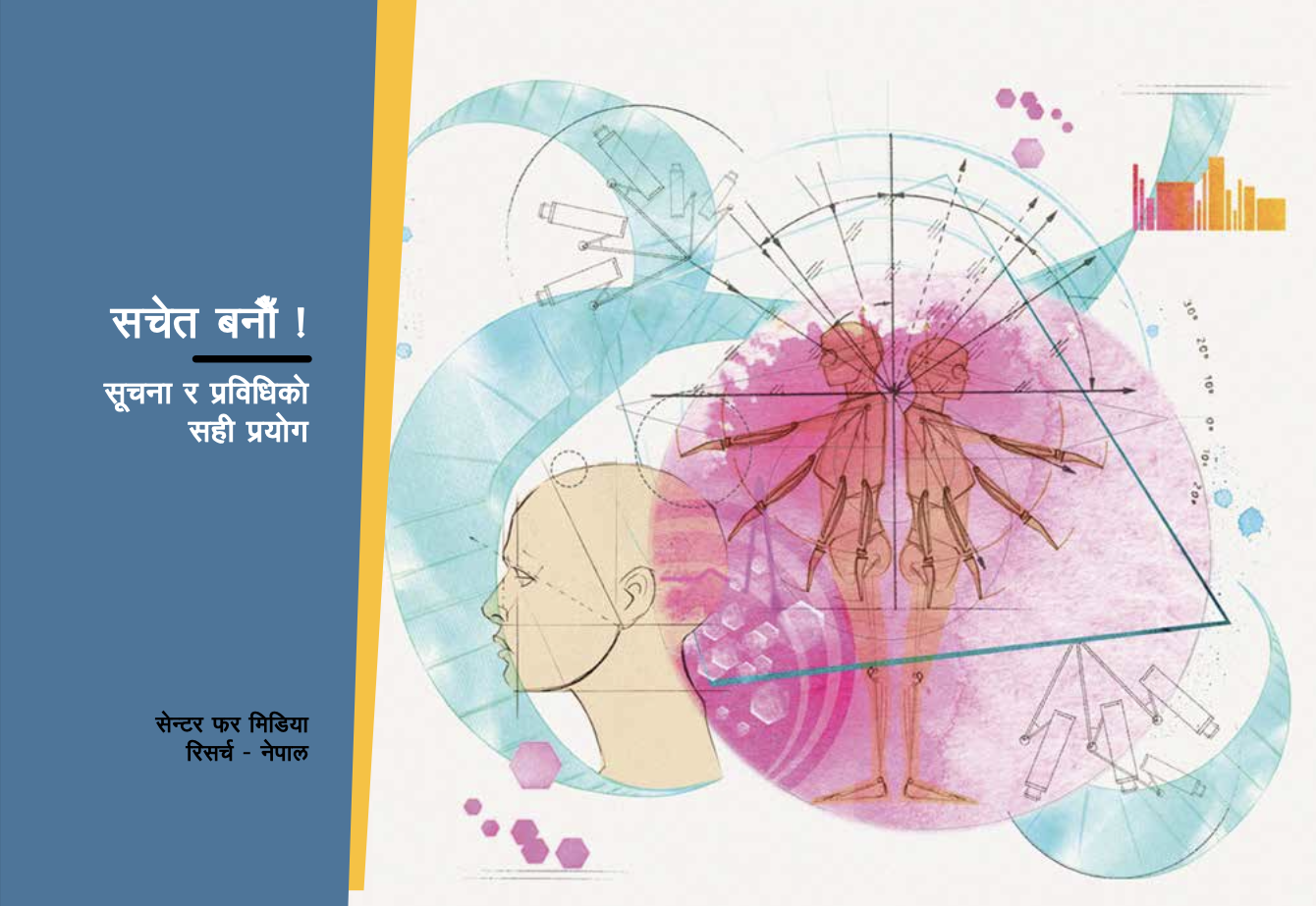Ujjwal Acharya
Journalist, Trainer, Researcher & Dreamer
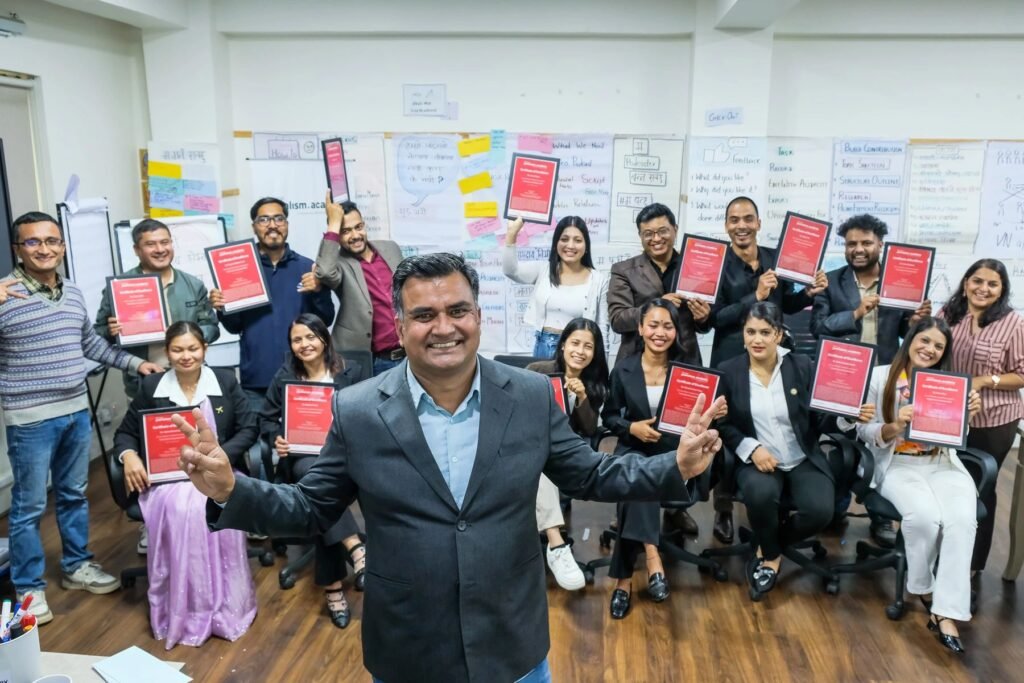
Ujjwal Acharya is a journalist, researcher and media rights advocate based in Kathmandu, Nepal, with over two decades of experience in journalism and media development. He has held key positions such as Director at CMR Nepal Journalism Academy (since 2022), Senior Journalist (Social Media) at BBC News (Nepali) (2019–22), and South Asia Coordinator for the International Federation of Journalists (2015–18).
Acharya has been on the forefront in advancing digital journalism in Nepal, serving as founder editor of Nepal’s second sports website Cricket Nepal (2001-16), founder of Nepal’s first blog, United We Blog (2004-07), Online Coordinator at myrepublica.com (2011-13) and digital editor at Annapurna Post daily (2014-15).
He holds a Master’s in Mass Communication and Journalism from Tribhuvan University and has attended international fellowships and summer schools in Europe and the US.
Acharya has led nonprofit organizations, notably as Founder-Chair of the Center for Media Research–Nepal.
He is recognized for his advocacy for press freedom, particularly during Nepal’s 2005 media censorship, and for authoring and editing numerous research publications on media, misinformation, and press freedom.
His work has been honored with awards such as the Kantipur Journalism Award and Gorkhapatra Journalism Award (both in 2004), and the Excellence in Journalism Honor (2005).
